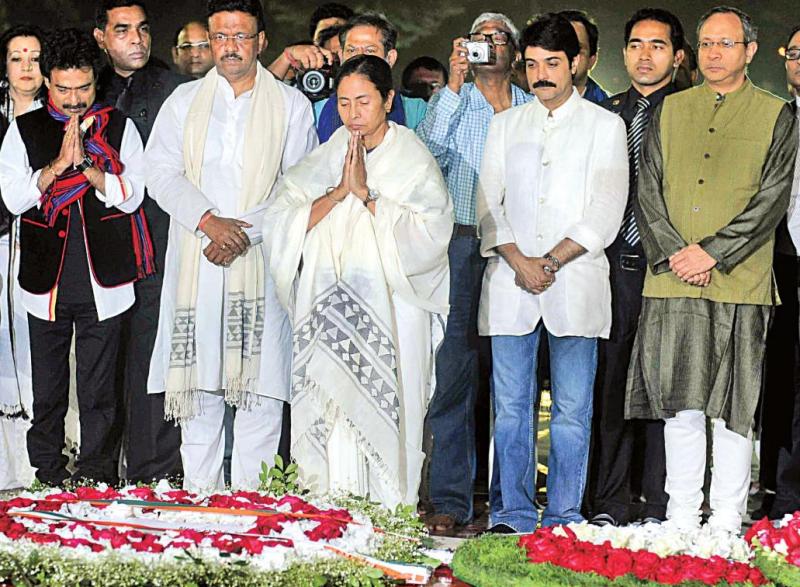Sir, the new Constitution of Nepal promises an era peace and progress in a democratic and federal structure. However, the Madhesis and the Tharus, residents of Terai region, have been protesting to the provisions of the Constitution related to political representation, citizenship and inclusion.
Sir, while we cannot ignore our centuries-old relationship with Nepal, we must also consider the fact that Madhesis and Tharus have social, cultural and religious links with Indians living across the border. The interim Constitution of Nepal of 2007 provided for proportionate representation of Madhesis and other such groups in the state organs. But the present Constitution does not provide such options.
The present Constitutions says that only citizens by descent will be eligible to hold public offices like President, Prime Minister, Chief Justice, Chief Secretary etc. This clause may have a discriminatory effect on Madhesis, many of whom have acquired citizenship by naturalisation.
Citizenship by naturalisation is mainly acquired by those who are born to a Nepali parent and a foreigner. Typically, Madhesis tend to marry people from the Indo-Nepal border. As my colleague was saying that ‘roti-beti ka rishta hai’.
Sir, in demarcating the seven provincial boundaries, their Constitution has merged 12 out of the 20 districts of the Terai region with various Hill provinces. The Madhesis and Tharus are arguing that this would allow the Hill districts to dominate in the provinces and deprive them of resources.
Sir, in light of this issue, India expressed concerns after the protests in October, 2015. Also at United Nations Human Rights Council, in November, 2015, India had recommended that the Government of Nepal should accommodate all sections of Nepal in the Constitution building process.
It is pertinent to mention that before raising emerging issues of Indo-Nepal relations in an international forum, it would have been better for our government to continue the process of dialogue with Government of Nepal, keeping in mind the long-standing, friendly bilateral relations between the two countries; even China has started fishing in troubled waters.
Sir, India and Nepal have arguments with regard to trade and commerce, sharing of river waters, energy cooperation, investment protection etc India has also exported petroleum products, motor vehicles, spare parts etc to the tune of around Rs 28000 crore whereas it has imported polyester yarns, textiles, jutes and other products for around Rs 4000 crore in 2014-15. It is therefore a mutual interest that both countries should explore all means to resolve the contentious issues; the sooner it is done the better it would be better for both the countries.
Sir, Nepal shares its borders with five Indian states. These are West Bengal, Sikkim, Bihar, Uttar Pradesh and Uttarakhand. Bengal shares its border with three countries. These are Bangladesh, Bhutan and Nepal. Sir, on a side note it has to be noted that this is a very sensitive area and any cut in state funding is also affecting police modernisation in this area. But I am coming back to the larger issue, Sir.
There are large numbers of people of Nepalese origin who reside both permanently and temporarily in India, particularly in these five states in a conducive atmosphere of amity and fraternity. The Madhesis in Nepal are our brothers and we should have a duty towards them.
In this background, we welcome the meeting between our Minister of External Affairs with the Deputy Prime Minister and Foreign Minister of Nepal recently where discussion were held on 4 key issues concerning:
- Constituency de-limitation
- Political representation
- Citizenship
- Demarcation of provinces
Sir, my party sincerely hopes and believes that considering the warmth exuded by the Indian Government during the April, 2015 earthquake in Nepal, a similar gesture would be extended by the Government of Nepal for betterment of relations with India.
Sir, I rest my case.


